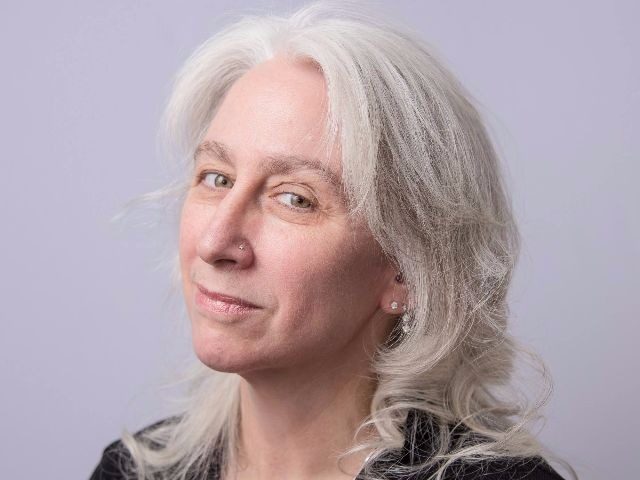Rachel Fulton Brown, a professor of Medieval Studies at the University of Chicago, has come under fire for a blog post that she wrote in 2015, entitled “Three Cheers for White Men.”
Her 2015 blog post, “Three Cheers for White Men,” argues that white men have played a role in the development of certain rights enjoyed by women throughout the Western world. In the post, Fulton highlights specifically chivalry and courtly love, the development of marriage into a sacrament valid only if both men and women consented and elements of feminism, which were supported by philosophers like John Stuart Mill.
But some in Fulton Brown’s field consider her scholarship and more specifically, blog posts like this one, to be a threat. Dorothy Kim, a professor at Vassar College, responded to Fulton Brown’s work by highlighting that nefarious white nationalist groups often idealize medieval history because of the esteemed role that white men played during the historical period.
“If the medieval past (globally) is being weaponized for the aims of extreme, violent supremacist groups, what are you doing, medievalists, in your classrooms?” she wrote. “Because you are the authorities teaching medieval subjects in the classroom, you are, in fact, ideological arms dealers.”
The takeaway from Kim’s response is that medieval studies scholars, now more than ever, must adopt forceful anti-racism positions, as to ensure that “Neutrality is not optional,” she added.
“How are you signaling in your classroom that you are not upholding white supremacy when you are teaching the subject loved by white supremacists?” Kim wrote. “Neutrality may have worked in a distant past when white supremacists/KKK/white nationalists/Nazis were some imagined fringe group, but that is not going to work now.”
According to Fulton Brown’s blog, Kim encouraged other scholars in the medieval studies community to condemn Fulton Brown’s scholarship. She criticized Fulton Brown for her past contribution to Breitbart News and for her relationship with former Breitbart editor Milo Yiannopoulos.
On August 28, Kim published a blog post entitled, “Teaching Medieval Studies in a Time of White Supremacy,” which suggested that white supremacist attitudes are rampant in the United States in 2017.
Responding to the post, Fulton Brown argues that Kim doesn’t understand the field of medieval studies.
I have never met Professor Kim; perhaps she does not attend the meetings of the Medieval Academy. But what I know from what she has written about me is this: Professor Kim wants you to be afraid. I don’t. I want – like Mary – for you to know that you are loved and that God so loved the world that he gave his Son in sacrifice that the world might be remade. How should you signal that you are not a white supremacist if you teach the “medieval western European Christian past”? Learn some f*cking medieval western European Christian history, including the history of our field.**
The University of Chicago administration, specifically the Dean of Social Sciences, vigorously defended Professor Fulton Brown’s right to express herself online. This defense adheres to the principles laid out in the Report on the Committee on Freedom of Expression at the University of Chicago, which explains that the views of their faculty will not be suppressed even if others find such views to be immoral or offensive.
The University’s fundamental commitment is the principle that debate or deliberation may not be suppressed because the ideas put forth are thought by some or even by most members of the University community to be offensive, unwise, immoral, or wrong-headed. It is for the members of the University community, not for the University as an institution, to make those judgments for themselves, and to act on those judgments not by seeking to suppress speech, but by openly and vigorously contesting the ideas that they oppose.
In a separate statement, senior members of the Department of History defended Fulton Brown’s right to express herself. “The current debate about race and medieval history is playing out, as it should, in the public arena, and it is up to the participants to make their arguments and draw their own conclusions,” the statement reads. “It is essential to uphold the value of free speech in that context, especially when it is controversial or unpopular.”

COMMENTS
Please let us know if you're having issues with commenting.